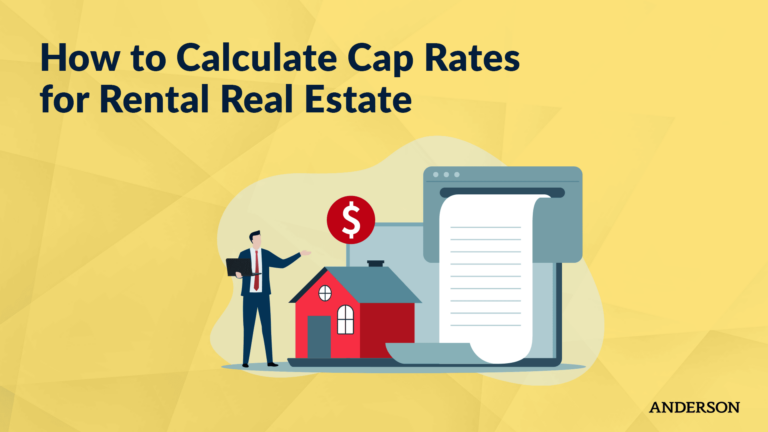LLCs vs. LPs in Real Estate
In this episode of Coffee with Carl, attorney Carl Zoellner explains the basics of limited partnerships (LPs) and when this entity type is most commonly used by business owners and investors.
Updated November 3, 2020Limited partnerships are one entity option for real estate investors and business owners, albeit less common than LLCs. So, when is it preferable to use an LP versus an LLC, and why?
LLCs vs. LPs
There are two parties to limited partnerships: the limited partner and the general partner. In limited partnerships, only the limited partner has limited liability. The general partner, on the other hand, has unlimited liability. This differs significantly from LLCs, which offer limited liability to all members. To mitigate this, another entity can be set up to act as the general partner.
General vs. Limited Partners in LPs
Another Important distinction between LLCs and LPs is that limited partnership interest is presumed to be passive. There are some intricacies that go into running a limited partnership that must be observed in order to ensure the limited partner’s activities remain passive. If the limited partner’s activities begin to mesh with the general partner’s, then the limited partner runs the risk of being considered the general partner, thus being exposed to unlimited liability.
Family LPs
You may have heard the term “family limited partnerships” or “family LPs.” Really, when we talk about a family LP, we’re actually just referring to an LP. There’s no difference between a regular LP and a family LP — the “family” part is just marketing.
When to Use an LP
Although limited partnerships don’t offer as robust protections as LLCs, there are instances where LPs are the preferred entity for one reason or another. Let’s run through a list of the scenarios wherein we most commonly use LPs, and why.
California flippers often use LPs instead of LLCs, particularly with high-end flips, to avoid California’s $800 franchise tax fee imposed on entities with gross receipts totaling over $500,000.
Another situation when an LP may be appropriate over an LLC is in working with IRAs. Every once in awhile, it makes sense to use an LP depending on the restrictions or obstacles you may encounter with an IRA custodian.
Realistically, you could use LPs at any point in your entity structure, but this requires careful planning and consideration to ensure all the finer details have been accounted for. For instance, going back to the example of California flippers: in that case, you may want to set up an LP wherein the general partner is a California LLC with a nominal percentage of ownership in the partnership. In that situation, you would be subject to the $800/year California franchise tax; however, you could use that general partner LLC for multiple flips. In that case, I would recommend only conducting one flip in each LP and shutting the LP down after each deal.
The Takeaway
Generally speaking, the LLC is a better universal tool because LLCs offer all members limited liability. That being said, there are some instances (especially in California) when an LP may make sense for your individual circumstances.
When it comes to selecting the right entity for your individual project, business, and goals, there are a lot of different considerations. And frankly, you don’t know what you don’t know. I will always recommend seeking the guidance of experienced professionals before making important business decisions about your entity selection or structure.
If you’re ready to discuss the best options for your individual financial situation and goals, schedule a complimentary Strategy Session with a Senior Advisor now. On the call, you and your Advisor will discuss the best custom entity structure for you, protecting and growing everything you’re building. You can schedule online or by calling 888.871.8535.
Watch as Carl breaks down limited partnerships and how this entity is commonly used in real estate investing.
Resources mentioned in this video:
- Claim your complimentary consultation & customized asset protection plan
- Subscribe to Anderson Advisors on YouTube to take advantage of more educational content
Got an idea for a future Coffee with Carl? Send it to Carl at cwc@andersonadvisors.com.
BONUS VIDEO
Free Strategy Session with an Anderson Advisor
Receive a detailed risk assessment to assist in lowering problem areas that could wipe out all of your assets with one wrong move. Speak with an Anderson Professional Advisor to get your FREE Strategy Session.
Limited-Time Offer: ($750 value.)








